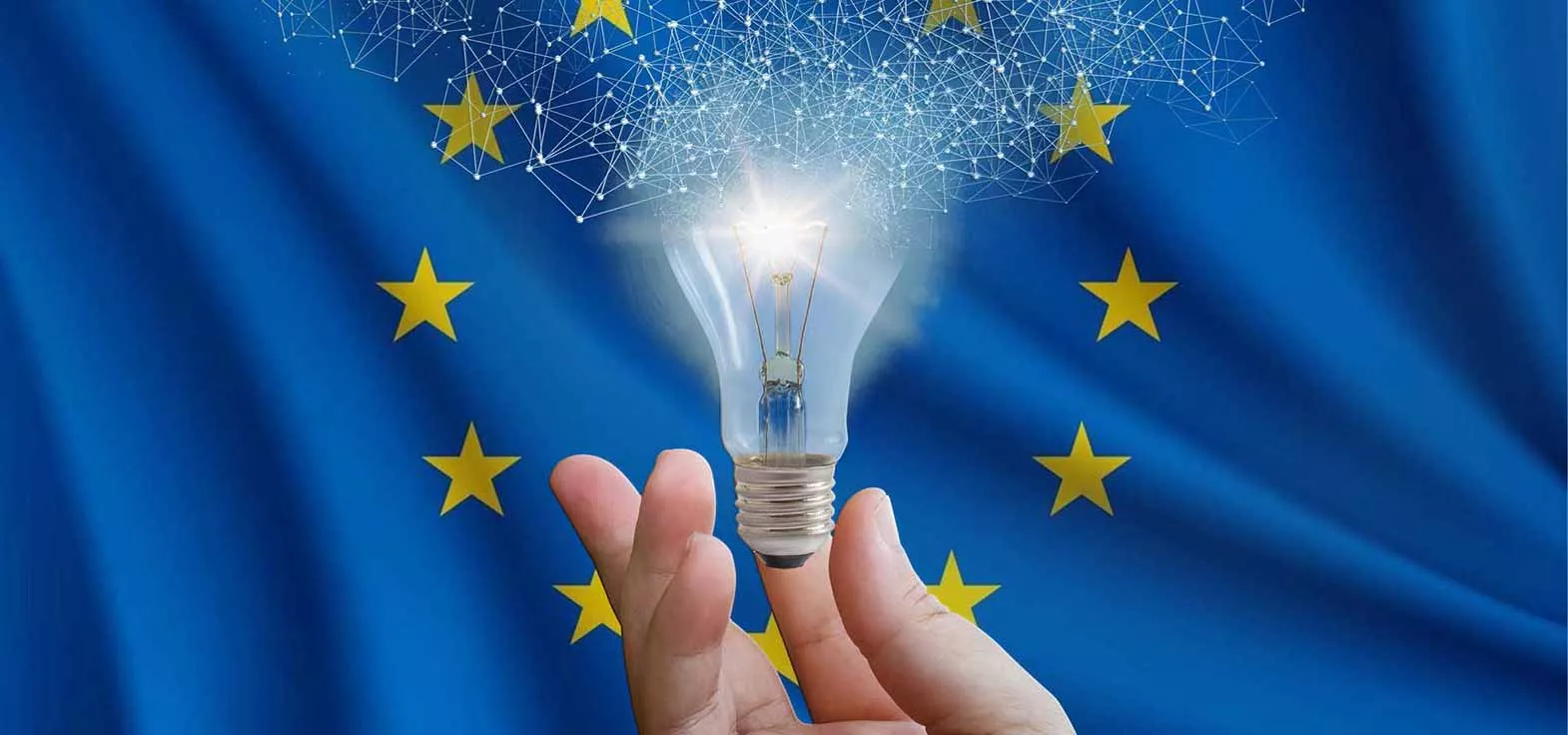The development of innovative medicines and technologies has been shown to be key to tackling serious unmet medical need. Many such innovations stem from micro, small, and medium-sized enterprises (SMEs), from academia and from not-for-profit organizations. In fact, across all industries SMEs have been found to be the main fabric of Europe’s economy.
However, cost is often a barrier for these research organizations, including the cost of filing regulatory submissions. To support innovation and help SMEs bring products to the market, the European Medicines Agency offers significant benefits, including fee exemptions and reductions for regulatory submissions and for scientific advice. (See Fee Incentives chart)
Defining SMEs
So, which companies qualify for the incentives? SMEs are defined as companies established in the European Economic Area (EEA) that employ fewer than 250 people and have an annual turnover of €50 million or less, or an annual balance-sheet total of not more than €43 million.
SMEs must apply using a form on the EMA website and submit the application to the SME office along with key company information such as the latest annual accounts, proof of being established in the EEA, and ownership information. The submission must be made each year to retain the SME status.
The benefits are significant, given the high fee of submitting through the centralised procedure – nearly 300,000 euros. This amount would be prohibitive for most SMEs. Yet, in many instances that impact innovator companies, there is a requirement to submit through the centralised procedure. This applies to biotech products, orphan drugs, oncological products, products for neurodegenerative diseases, among others.
Recently, on October 28, EMA also announced a pilot program in collaboration with national competent authorities to offer tailored scientific advice for not-for-profits and academia on repurposing an authorised medicine for a new indication.
While the reduced fees and cost-reduced or free scientific advice is only for SMEs in the EEA, EMA and the US Food and Drug Administration do have a program to provide parallel scientific advice to sponsors.
FDA also offers reduced user fees to SMEs through the Small Business Designation. This application is open to both U.S.-based and international companies that sell products in the U.S. The FDA defines a small business as one whose gross receipts and sales are less than $100 million for the most recent tax year.
Why scientific advice matters
While scientific advice from EMA does not guarantee approval, there are huge advantages to gaining support and insights from the people who will review the dossier. EMA scientific advisers know what the agency expects, how they like data to be presented, tests that must be conducted, and other requirements to have a submission considered for approval.
EMA advisers provide support by responding to questions posed by the developer. In addition, the developer presents its development plan to the authority and advisers respond to that proposal.
One area that the agency has highlighted is COVID-19 treatments and vaccines. EMA has committed to providing rapid scientific advice for such products free of charge, with a review time of no more than 20 days.
ProductLife Group offers a dedicated service for SMEs, providing support to companies that are unfamiliar with the complex regulatory landscape. This is particularly true with technologically focused companies that have no knowledge of the life sciences regulatory framework. ProductLife Group supports such companies with a detailed development plan. PLG also supports companies bringing products to the U.S. market through its U.S. business, Design Space InPharmatics (DSI).
Support begins with regulatory intelligence and strategy, helping companies to identify requirements and opportunities on offer in Europe, including incentive programs they can leverage, such as the fee reduction and scientific advice offered by EMA. Next, the PLG team can support companies with building the dossier, including writing the CMC part of the dossier, conducting a gap analysis, and providing more detailed medical writing support where required. Finally, PLG can support companies throughout submission and interaction with the authorities to assist with getting the product to market. Contact us to learn more.

